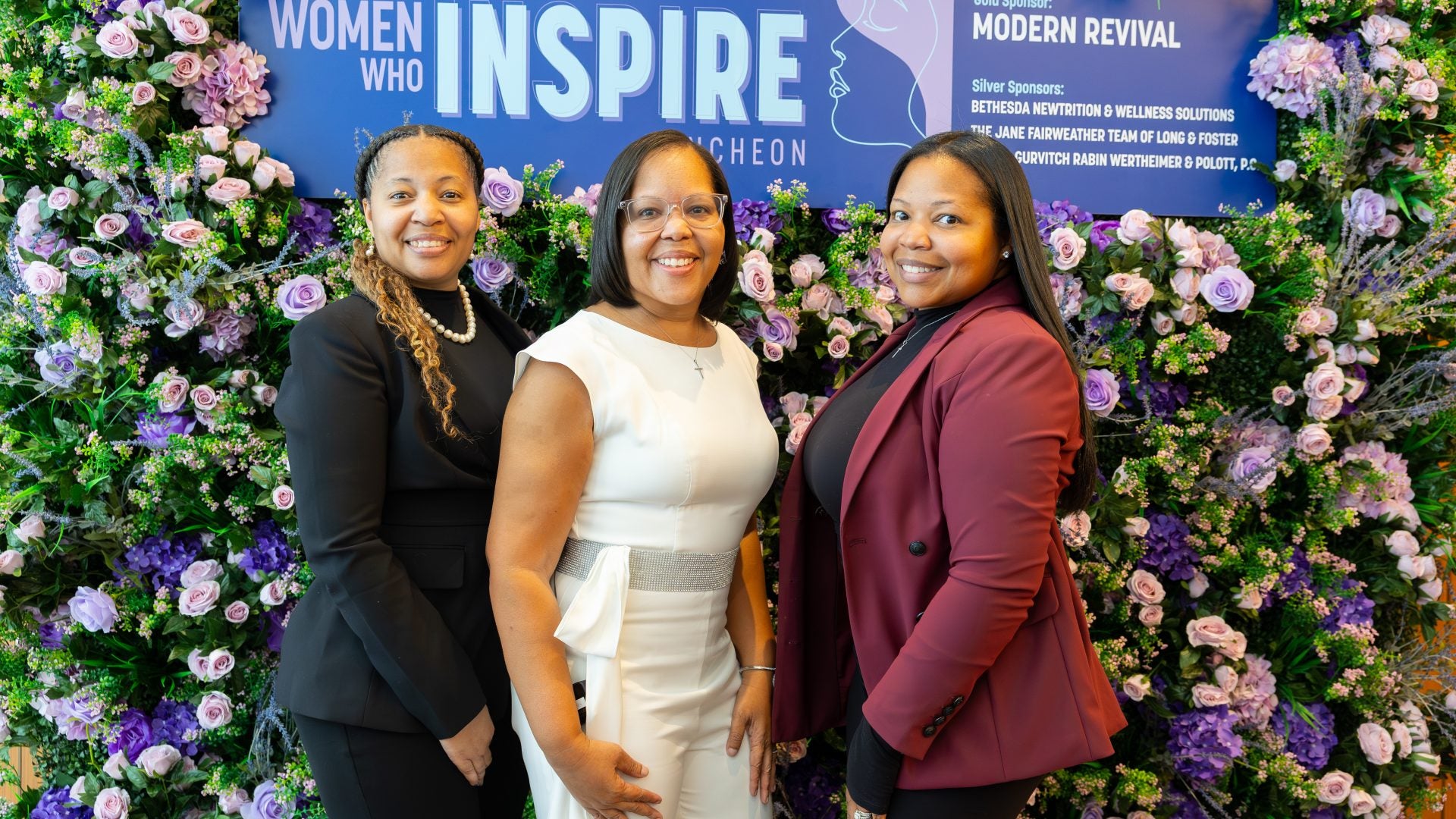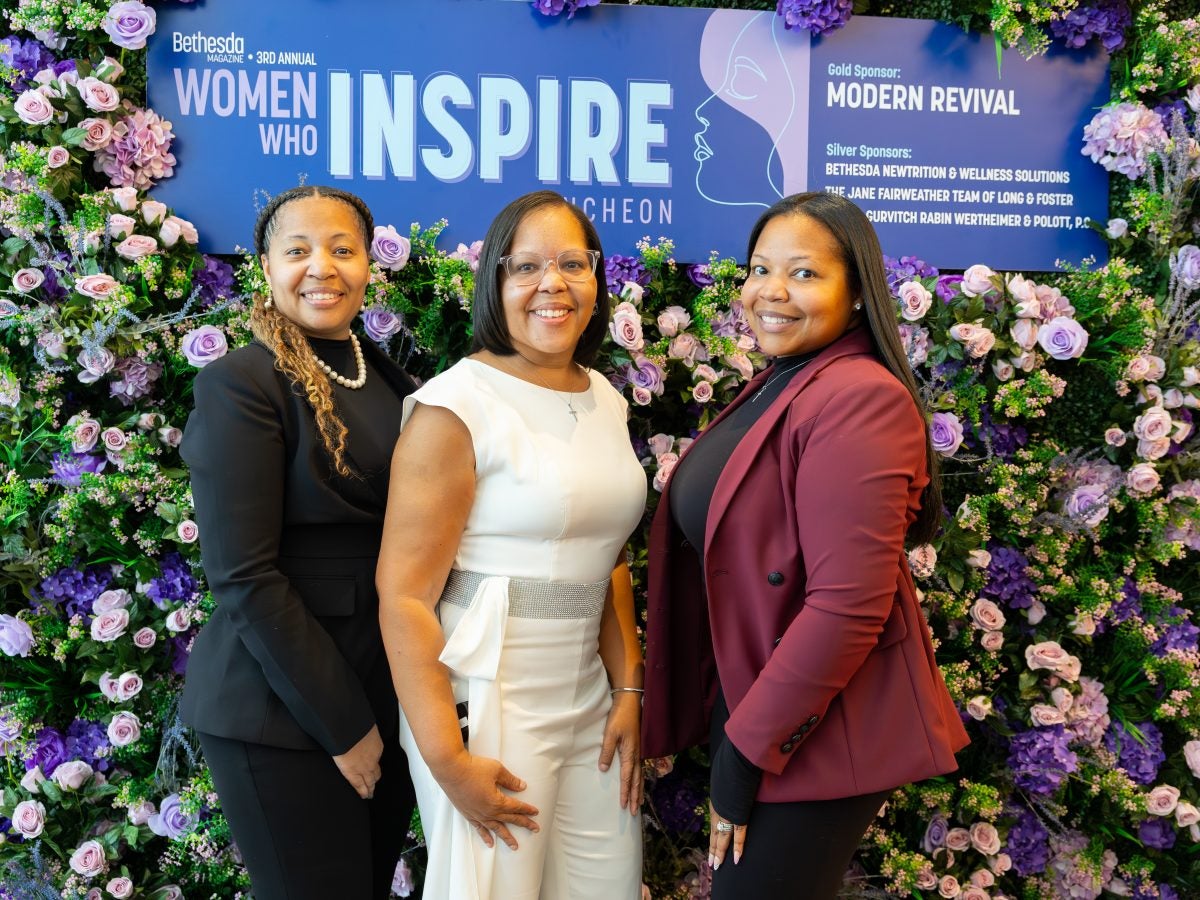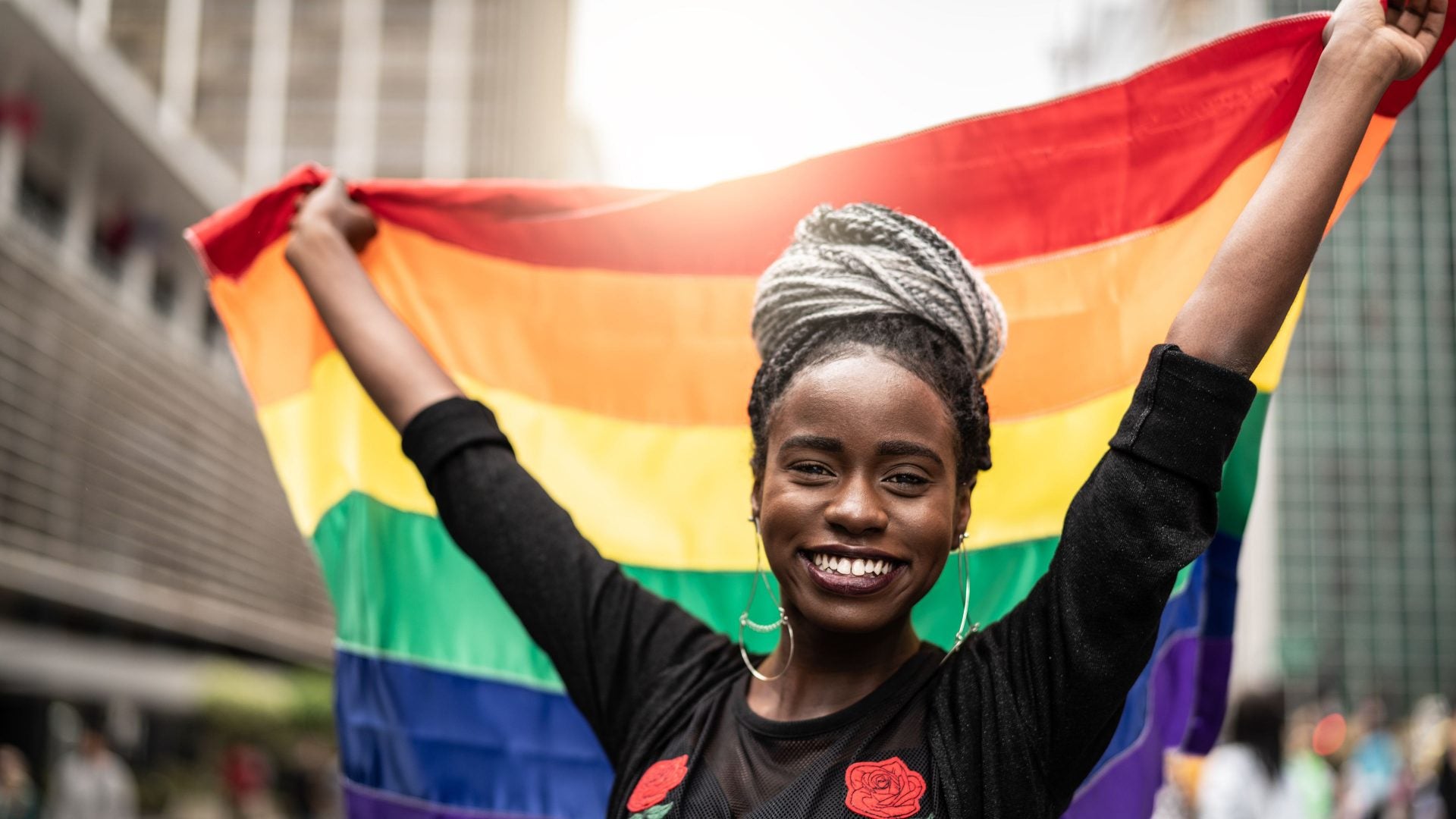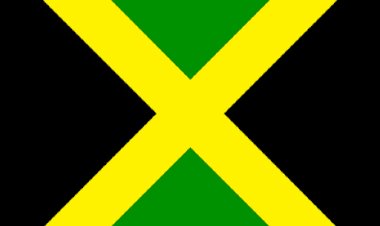These Sisters Are Reclaiming Their Great-Great-Grandfather’s Land Once Taken From Black Families in Maryland
In the late 1800s, William Dove did something remarkable. A man who’d been enslaved purchased 36 acres of land in what’s now Potomac, Maryland for $210. It was an investment […] The post These Sisters Are Reclaiming Their Great-Great-Grandfather’s Land Once Taken From Black Families in Maryland appeared first on Essence.


In the late 1800s, William Dove did something remarkable. A man who’d been enslaved purchased 36 acres of land in what’s now Potomac, Maryland for $210. It was an investment in a future he’d never see and proof that he and his family belonged there.
But over the decades, that land was stripped away and became eminent domain. Of course, this was as a result of discriminatory practices and the usual tools used to displace Black families. So by the time William Dove’s great-great-granddaughters were born, the acreage was gone, swallowed up by Montgomery County and private developers.
LaTisha Gasaway-Paul, Teresa Gasaway-Gleaton, and LaTrice Gasaway-Johnson (also known as the Gasaway sisters) grew up hearing these stories from their grandmother. “I could hear the pain in her voice,” LaTisha says. “But I also heard something else: determination. She made us promise we wouldn’t forget.”
They didn’t forget. And now, they’re doing something about it.
The three sisters now run the largest Black-owned childcare business in Montgomery County and organize the region’s largest Juneteenth festival, which has drawn thousands since 2021. But their most ambitious project is reclaiming county-owned land that once belonged to William Dove, with plans to build affordable housing specifically for displaced descendants.
It’s an audacious goal, but the sisters have been strategic (and if anyone is going to be able to do it, of course it would be a collective of 3 Black women, because when we gather, we can get anything done). Teresa explains that the childcare business isn’t just about quality care, though that matters deeply. “The business has given us something our ancestors didn’t have: economic power,” she says. The revenue funds their Juneteenth festival and gives them financial stability to fight for the land. “William Dove may have lost his land, but he gave us something more valuable. He showed us that ownership is power.”
That’s the blueprint they’re following. Every dollar they make gets reinvested into Scotland, the historic Black community where their family has lived for five generations. Scotland is one of about 40 communities in Montgomery County founded by formerly enslaved African Americans, and most have disappeared entirely.
The sisters are trying to preserve a memory, while also reversing what was taken.
“When I envision that reclaimed land, I see homes,” LaTrice says. “Beautiful homes where descendants of William Dove can raise their families. I see gardens where children play on the same soil their great-great-great-grandfather tended.” She’s adamant that whatever they build has to be beautiful, designed with intention. “This won’t look like every other development. It will look like us.”
The path hasn’t been easy. They’ve spent years meeting with government officials and business leaders, building support. They’ve been recognized by Montgomery County Council, Governor Wes Moore, Congressman Jamie Raskin, and Senator Angela Alsobrooks. And they’re getting closer. “Let me be clear: it isn’t easy, and it isn’t a handout,” Teresa says. “We’re fighting this fight every single day. But we’re powered by attorneys, architects, and our village, and we’re one step closer.”
The plan is to build affordable housing that offers first right of refusal to descendants of the original enslaved land settlers.These would be actual homes where families can build equity and permanence.
Their Juneteenth festival has become central to this work. For LaTisha, celebration is activism. “When we gather thousands of people in Montgomery County to celebrate Juneteenth, we’re doing revolutionary work,” she says. People come to eat and dance, but they also learn about Scotland’s history, about William Dove, about what was stolen. “When you celebrate together, you build power together. The same people who dance with us, who eat with us, who laugh with us? They show up when we need them. They sign petitions. They attend county meetings.”
In 2024, the Scotland African Methodist Episcopal Zion Church received a $1 million donation from the Willard and Alice S. Marriott Foundation, giving the community’s restoration efforts new momentum.
The sisters recently organized what they believe is the first Kinship Communities Dinner in Montgomery County history, bringing together leaders from over ten historic Black communities facing similar struggles with displacement and erasure. One elder in his seventies told them he’d never seen anything like it. These communities have been fighting in isolation for decades, and now they’re building a coalition.
“Land ownership is everything,” LaTrice says. “My great-great-grandfather understood that land is the one thing they can’t take from you without a fight. And even when they do take it, the memory of ownership changes your family’s DNA.”
Growing up knowing they came from landowners shaped how the sisters moved through the world. It made their vision clearer. LaTrice says, “Knowledge without tangible ownership only takes you so far.”
That’s why reclaiming William Dove’s land matters so much. It’s about permanence in a world that constantly tries to displace Black families, building equity that actually passes through generations, and proving that restoration is possible.
The sisters want Scotland to become a model. If they can do this, other historic Black communities that have been erased or displaced can do it too. They envision an intergenerational community with childcare centers, community gardens, a Scotland Heritage Center, and economic development that benefits Black residents instead of pushing them out.
“Our great-great-grandfather invested $210 in our future,” LaTisha says. “We’re investing everything—our time, our resources, our very beings—in making sure his investment pays dividends for generations to come.”
The post These Sisters Are Reclaiming Their Great-Great-Grandfather’s Land Once Taken From Black Families in Maryland appeared first on Essence.























